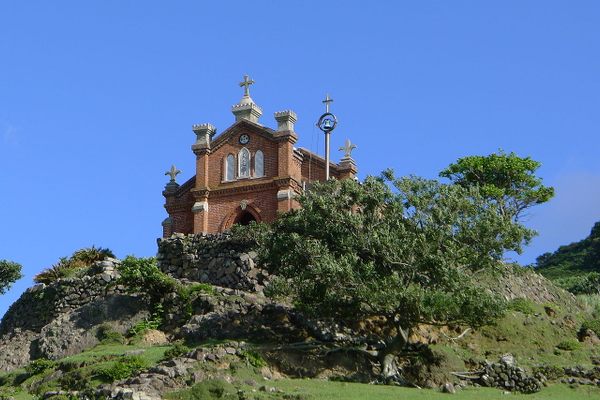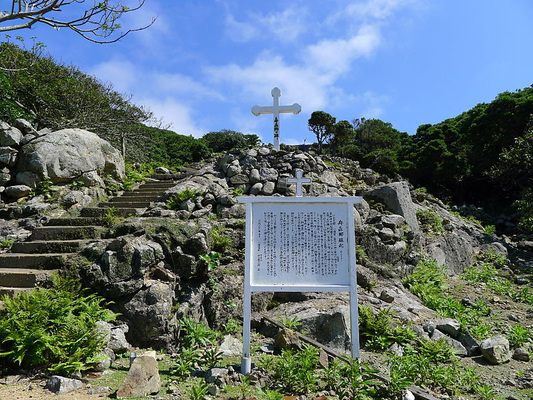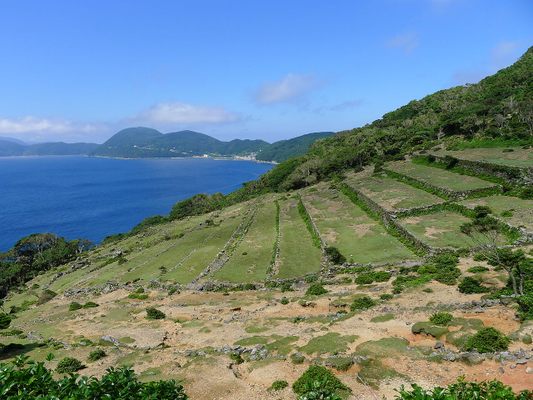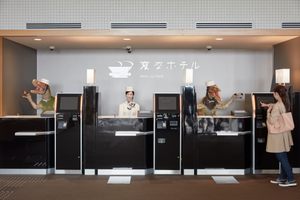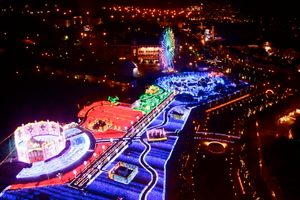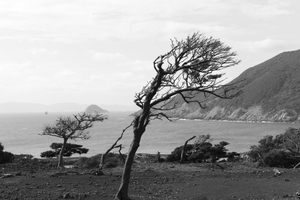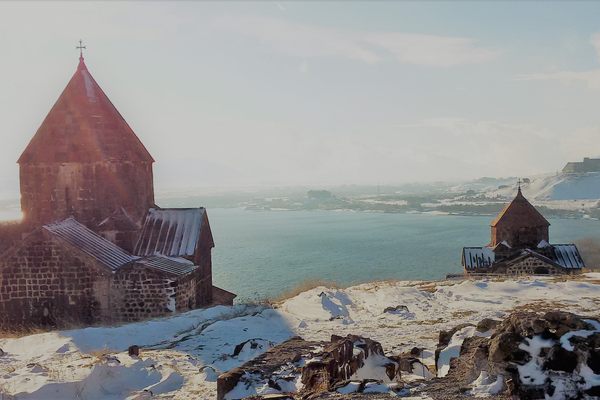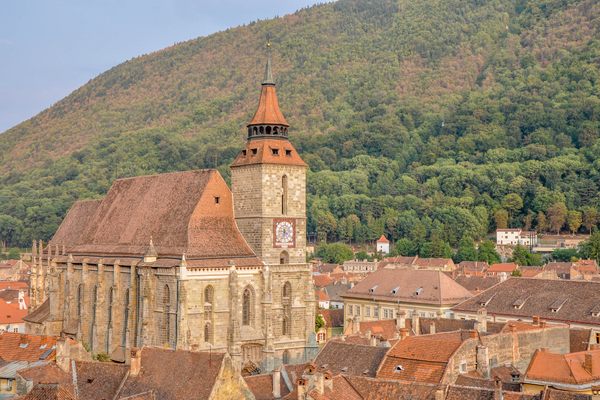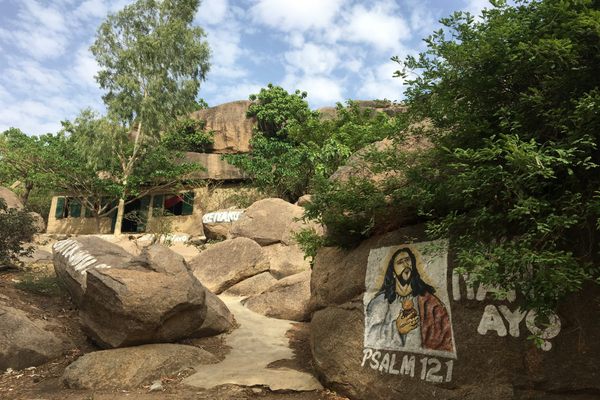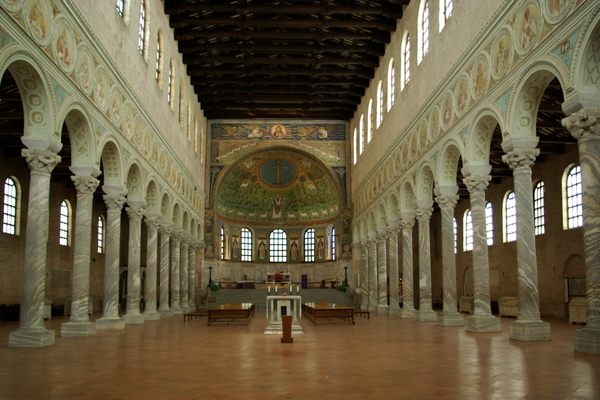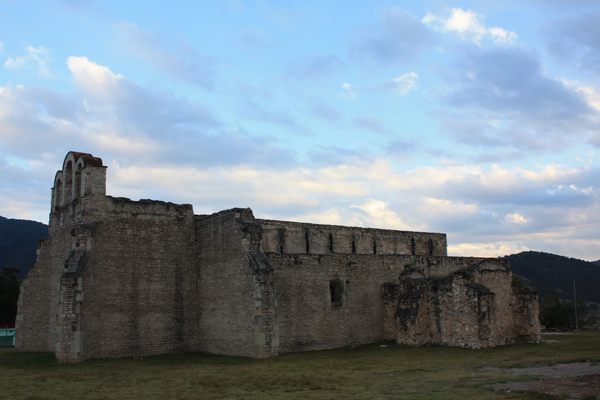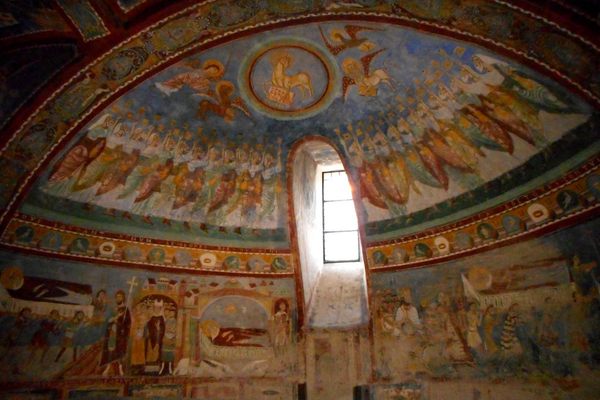About
When Christianity first began being banned in Japan, in the late-1500s, "hidden Christians" were driven underground or forced to flee to remote locations, such as Nozaki Island.
After the Basque missionary Francis Xavier first introduced Christianity to Japan in 1549, ruler Toyotomi Hideyoshi and the subsequent Tokugawa shogunate suppressed the religion. Anyone found to be a Christian faced torture or death. Those who continued to practice did so in secret, and fled to more remote locations, including Nozaki Island, a mountainous 2.8-mile outcrop of rocks and forest in southwest Japan.
The island was already home to a Shinto community and a shrine that dates from the 8th century, but in the early 1800s, two Christian communities settled on the island. After the ban on Christianity was lifted in 1868, the Christian communities on Nozaki built a permanent fixture for their faith: a red brick church that overlooks Nokubi. Into the 20th century, the island’s population grew and peaked around the 1950s and '60s, but soon began to decline as the mainland became more attractive economically.
Nozaki Island is officially uninhabited today, but it is possible to visit and spend the night. The Shinto shrine is still standing, as are the remnants of the Shinto houses and terraced fields. The beautiful Nokubi Church is no longer in operation, but it can be visited by making an appointment in advance with the nearby Ojika Island Tourist Office. The only permanent inhabitants are the wild deer, boar, and Japanese wood pigeons that populate the forests.
To reach Nozaki Island, there are ferry services available from the nearby islands. The Ojika Island Tourist Office requests that any travelers to Nozaki Island contact them first before making the trip.
Related Tags
Know Before You Go
Visitors need to be prepared for hiking, and bring their own food.
Hidden Japan: Sado Island, Nara & Kyoto
Explore a different side of Japan.
Book NowCommunity Contributors
Added By
Published
June 11, 2018
